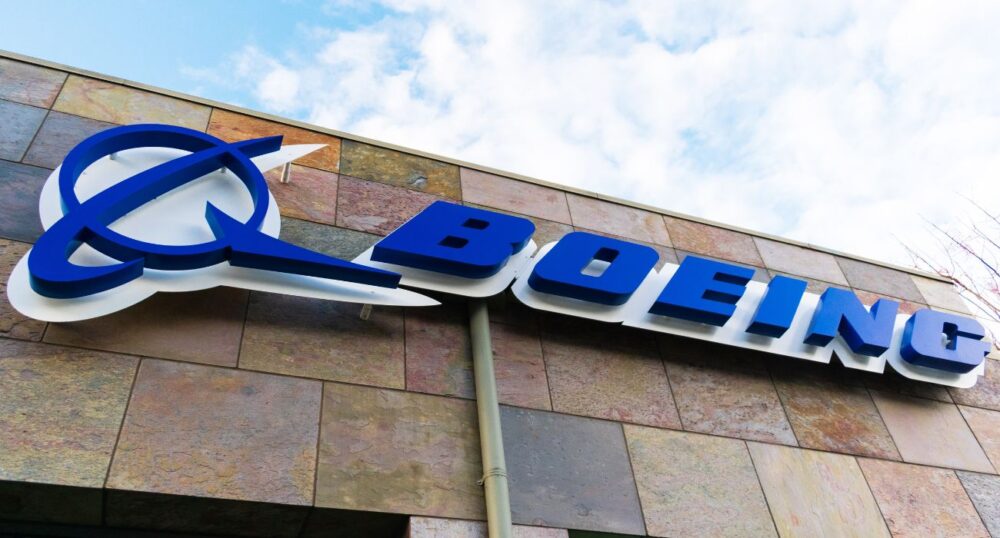The bad news keeps coming for Boeing after federal safety regulators raised concerns about quality control issues that led to the recent grounding of Boeing 737 Max 9 aircraft.
Boeing has reportedly withdrawn a safety exemption request necessary to continue the certification of a new variant of the Max aircraft due to heightened scrutiny resulting from a midair near disaster earlier this month.
“While Boeing never should have sought this exemption to put another new aircraft with a known safety defect into service in the first place, I’m both relieved and appreciative that they are putting the flying public’s safety first by withdrawing this petition,” said Sen. Tammy Duckworth (D-IL), chair of its aviation safety subcommittee, in a statement to the AP. “I hope this decision marks the beginning of a turnaround in Boeing’s safety culture.”
After rescinding its safety exemption request, Boeing issued a statement explaining that while the request was within normal Federal Aviation Administration procedures, the company needs to refocus on quality.
The aircraft manufacturer has come under intense scrutiny following an incident earlier this month involving a Boeing 737 Max 9. During a January 5 flight from Oregon, Portland to Los Angeles, California, the plane was forced to make an emergency landing after a door plug blew off shortly after takeoff. Investigators believe the bolts securing the door were improperly tightened, leading to the failure, as The Dallas Express reported. Spirit Aerosystems, the company that builds fuselages for Boeing, is also being investigated for quality issues.
All Max 9 aircraft were grounded in response to the issue, scrambling flights for thousands of travelers. Alaska and United Airlines operated the planes and began limited returns to service earlier this week.
Safety concerns arose yet again this week after a Boeing aircraft listed as a 737-800 jet was forced to make an emergency landing in Denver due to a cracked windshield. The January 28 incident was attributed to a “maintenance issue,” per The New York Post.
The grounding of the Max 9 and the most recent broken windshield issue led United Airlines CEO Scott Kirby to announce that United would be creating a new business plan that would not include the Boeing Max 10, one of two Max designs Boeing is preparing to introduce in the near future.
Boeing had sought an exemption to safety certification after a test flight of the new Max 7 aircraft revealed a flaw in the de-icing system that could lead to parts of the engine cowling breaking apart during flight. The issue also impacts other Max aircraft. Boeing is currently exploring options to work around the defect that is believed to result from a carbon composite air inlet that can overheat and shatter.
The company was also forced to issue a safety maintenance order to airlines operating the Max aircraft after discovering that a bolt in the rudder control system may not be torqued correctly.
“Frankly, we have disappointed and let them down,” Boeing Commercial Airplanes president and CEO Stan Deal wrote to company employees, per the AP. “We are deeply sorry for the significant disruption and frustration for our customers, some of whom have been publicly and unfairly criticized.”
Update: This article was updated on January 31 to correct the mention of airlines involved.

